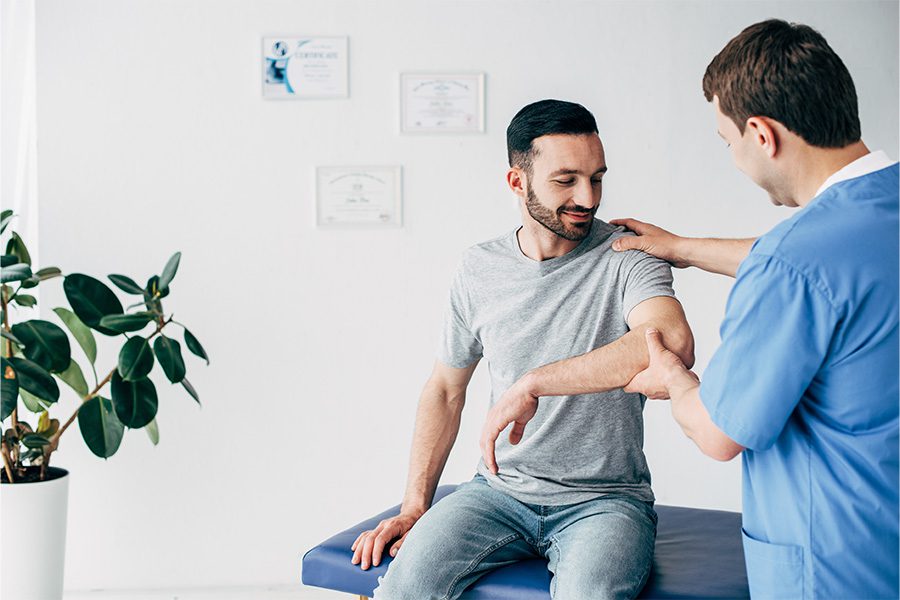
Opioid addiction is a devastating and often chronic disease that can have profound impacts on every aspect of a person’s life. While recovery from opioid addiction is possible, it is not always straightforward or easy. One of the most challenging aspects of recovery is avoiding relapse, which can occur even after long periods of sobriety. In order to prevent relapse and maintain long-term recovery, individuals with opioid addiction must develop effective relapse-prevention strategies like those offered at Red Door Life.
Relapse prevention strategies are tools and techniques that can help individuals identify and manage triggers, cope with stress and other negative emotions, and avoid using opioids or other addictive substances. While there is no one-size-fits-all approach to relapse prevention, several strategies have been shown to be effective for many individuals in recovery.
Build a strong support system: One of the most important factors in preventing relapse is having a strong support system. According to Red Door Life, this can include family, friends, support groups, or a therapist. Having people who understand the challenges of addiction and are willing to provide encouragement and accountability can make a significant difference in the recovery process.
Develop healthy coping skills: Many individuals with opioid addiction turn to drugs to cope with stress, anxiety, or other negative emotions. In order to prevent relapse, it is important to develop healthy coping skills that can be used to manage these emotions without turning to opioids. This can include activities like exercise, meditation, or creative hobbies.
Avoid high-risk situations: To prevent relapse, according to Red Door Life, it is important to avoid situations that are likely to trigger drug use. This may include certain people, places, or activities that are associated with drug use. Developing a plan to avoid these situations and having alternative activities in place can help to reduce the risk of relapse.
Take care of physical health: Opioid addiction can take a toll on physical health, and addressing these issues can be an important part of preventing relapse. This can include regular exercise, eating a healthy diet, and getting enough sleep.

Practice mindfulness: Mindfulness is a practice that involves being aware of thoughts and present in the moment, feelings, and sensations without judgment. This can be an effective tool for managing stress and anxiety and help individuals recognize when they are experiencing cravings or other drug-use triggers.
Consider medication-assisted treatment: Medication-assisted treatment (MAT) is a form of treatment that involves using medications like methadone or buprenorphine to reduce cravings and withdrawal symptoms. This can be an effective tool for preventing relapse and maintaining long-term recovery.
Stay engaged in treatment: Opioid addiction is a chronic disease, and recovery requires ongoing treatment and support. This may include individual therapy, support groups, or other forms of treatment. Staying engaged in treatment can help to build skills and strategies for managing cravings and other challenges in recovery.
Preventing relapse is an ongoing process that requires commitment, effort, and support. By developing effective relapse prevention strategies and staying engaged in treatment and support, individuals with opioid addiction can achieve lasting recovery and build a healthy and fulfilling life in sobriety.







